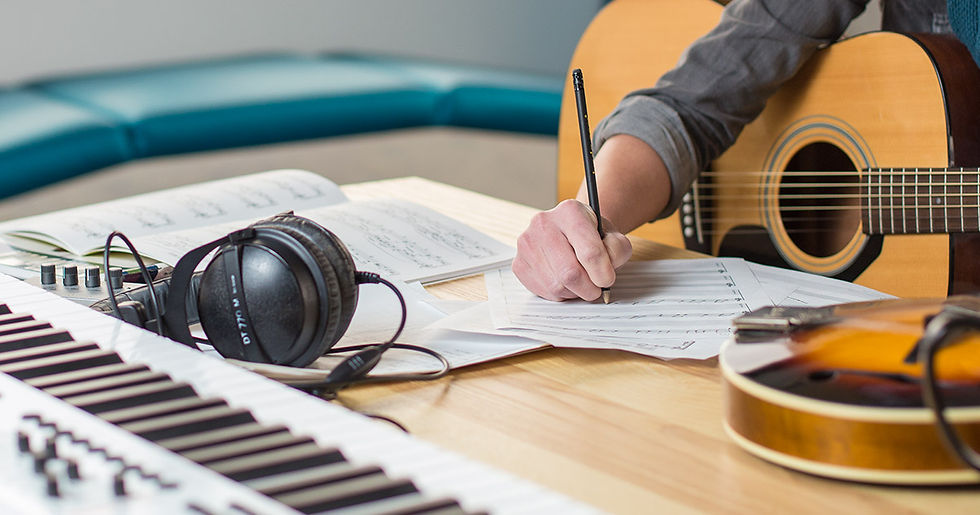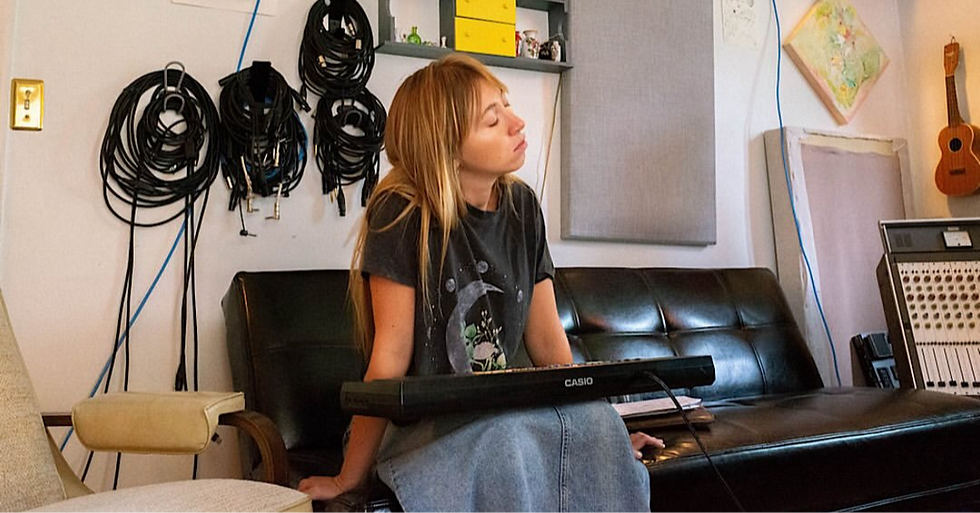Why Can’t Songwriters Get Paid?
- Sammi Katzmann
- Jun 1, 2021
- 3 min read

The NYU Music Business podcast “Songwriters, Consent and the Age of Discontent,” hosted by Larry Miller, illuminates the harsh reality that songwriters face today: the declining lucrativeness of the profession. Based on how outdated the current American royalty and copyright systems are for songwriters, writers do not earn nearly as much as they deserve. They’re not even able to decide how much their ‘products’ are worth. Established songwriter Brett James states, “I can’t think of any other business that is completely regulated by the government,” in turn providing writers with ridiculously low wages. The current payout system and laws in place for songwriters, as well as the new digital age of music poses a threat to the future of music. If the songwriters cannot gain steady, fair income from their jobs, who will write the songs?
Challenges against American songwriter payouts are nothing new. The payout system has never been ideal, as many amendments have been added to the law in efforts to resolve the issues. Though, they have not always been so favorable of the songwriter. Consider songwriter Stephen Foster, known as the “father of American music,” who wrote hundreds of timeless minstrel classics and died in 1854 as a poor man, despite his success as a songwriter. Venues then used his music and made far more money than he ever did in his lifetime, and with this came the establishment of Performance Rights Organizations like ASCAP and BMI that license music. While these organizations currently advocate and help songwriters receive revenue, low payout is still an ongoing issue, even with the establishment of these mechanical royalties in the twentieth century. With all the payout streams songwriters can have, including mechanical, performance, and sync royalties, one would think that songwriters would be able to make a decent living. Though, this is not the case: an unlucky reality that can be largely blamed on the government.
With the establishment of Performing Rights Organizations came restrictions from the Department of Justice that in turn permitted songwriter royalty rates to decline. The “Consent Decree” issued for ASCAP allows any music user to obtain a license for a fee, permitting them to use all their music. More alarmingly, the decree allows ASCAP and a music user to go to rate court if a royalty rate cannot be agreed upon. The judge sets the royalty rate, which essentially “functions as a stand in for the free market,” as stated by Larry Miller. ASCAP is additionally restricted to negotiate their members’ royalty rates. This severely threatens songwriter salaries as their royalty rate is inevitably going to be lower. No one can argue on their behalf, which is unfair to both the Performing Rights Organization and the songwriter. Why must songwriters suffer from a free-market structure that eliminates their right to a fair royalty rate?
Furthermore, the payout system’s failure to adapt the current music paradigm is detrimental to songwriter income. With the fall of the album format, where songwriters earn nine cents per album bought even if they only wrote a single song on it, came the rise of streaming. Terrestrial radio services like Pandora, with no payout for copyrights which benefitted songwriters, were being trampled by streaming services like Spotify and Apple Music. Streaming is lucrative for the record label and performer of songs, where songwriters only receive a small fraction of the payouts. Streaming payouts should not be nearly nonexistent for songwriters. As Brett James suggests, there are not going to be any improvements until there are “major changes to the copyright and royalty payout system, starting with revising the consent decrees that constrain ASCAP and BMI” from protecting their members. The laws are going to have to change so songwriters can have a future.
The current American payout system endangers the careers of songwriters across America. The surplus of amendments added to the laws were intended to help them, and while many have, the overall progress has been minimal. Though, there is hope, as John Seabrook from The New Yorker suggests. Multiple acts are circulating in Congress currently, including the “Fair Pay Fair Play Bill” and the “Songwriters Equity Act” that advocate for the increase of streaming rates. He states that these issues seem to be catching people’s eyes, and that we must remain optimistic that “lawmakers [will] do the right thing” since “there’s not a lot of economic muscle on the side of songwriters.” Songwriters must continue to fight for their economic rights, and never give up hope. In such a fast faced, ever-changing industry, nothing is truly impossible.




Comments